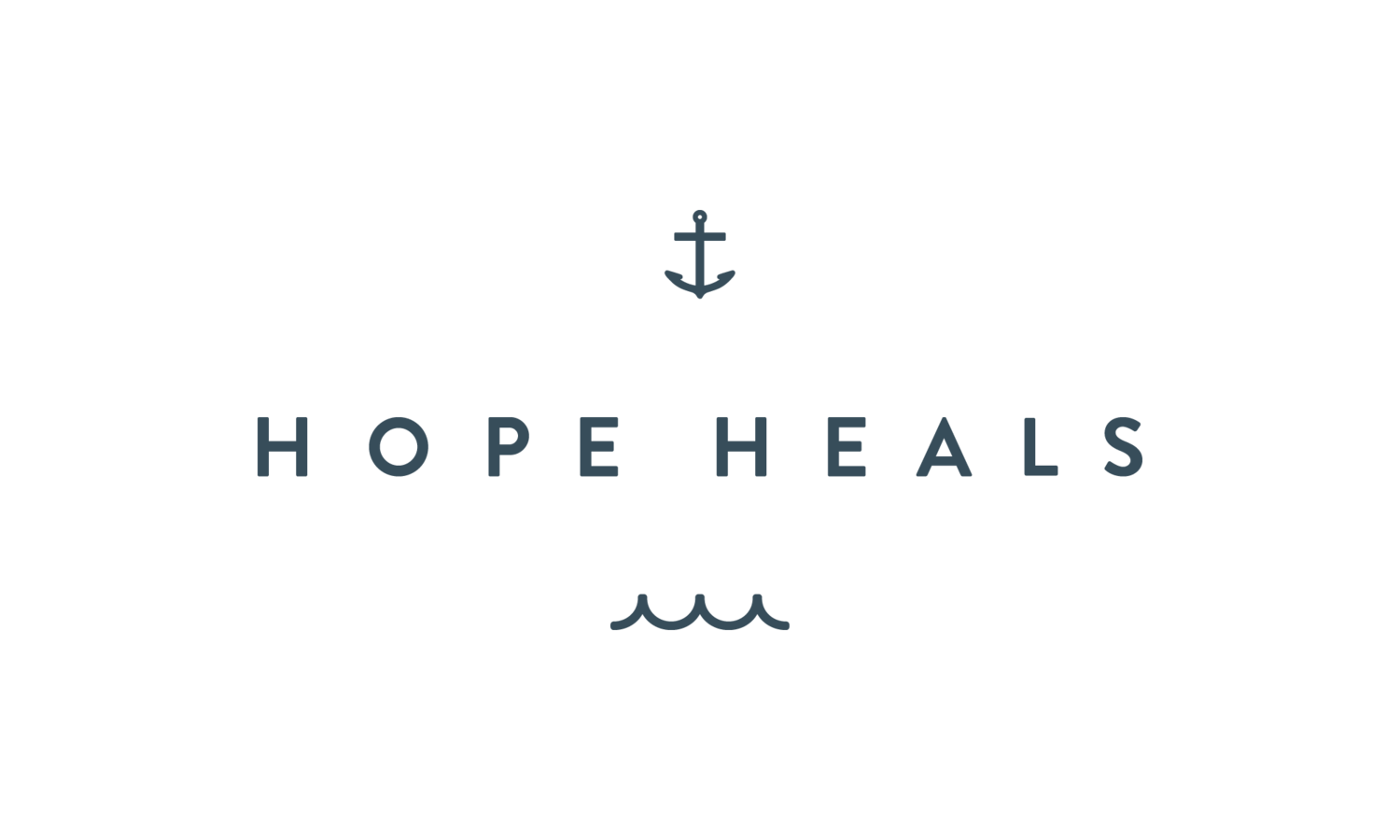Why I Love My MomBod
After being raised in the South by women who dared not leave the house without lipstick and subsequently working as an actress and model, my relationship to beauty and satisfaction with my body were complex at best. That complexity exponentially multiplied after I suffered a massive brainstem stroke at age 26, just a few months after giving birth to my first child.
In the blink of an eye, I could no longer walk, talk, swallow, drive, or care for my son. The post-partum pooch and bags under my sleep-deprived eyes suddenly paled in comparison to the reality of drooping facial muscles and limbs that no longer responded to neurological commands. My body had become distinctly different after pregnancy. Now, after a catastrophic stroke, it was altogether foreign.
Over years spent in physical rehabilitation, I learned new ways of navigating the world in my modified state. But, even in the healing and adapting, my body remained alien to me. My face is partially paralyzed, I require a wheelchair to get around, I have severe double-vision, and my fine motor control is mostly gone.
I struggled to love my body when it was “normal.” How was I expected to love it now?
So many of us have internalized messages that we must meet certain metrics to gain acceptance. You’ve gotta look good while you do good. You’ve gotta pull it all together and not let anything unappealing hang out. You’ve gotta be enough but also not too much. In other words, to be loved by others requires that we put in a lot of effort and put on a lot of makeup.
Beneath our pursuit of external beauty and eternal youth is both a deep fear—to escape death—and a deep longing—to be loved without having to earn it. Our pain-avoidant and death-phobic culture tries to calm our fears of aging with every manner of creams, injections, and workout classes. Buy this. Eat that. Be young and beautiful forever.
While my stroke stole much of my independence and traditional “beauty”, it also freed me from the lie that death can be outrun. I met death when I was 26. The sweeping magnitude of that experience means I no longer participate in the fruitless charade of covering up my flaws or concealing my brokenness—both physical and emotional— because I now know that life is simply too tenuous to carry the burden of shame.
Being satisfied in our skin isn’t so much about looking the right way. It’s about surrendering the shame surrounding our deficits. When our eyes move past our own navels and onto the panoramic view of the goodness of existence, shame no longer has a place in us.
We can be grateful for each facet of our inner and outer selves because the beautiful stuff and the broken stuff work together to create the lives, families, passions and purposes we have today. We can train ourselves to celebrate the cellulite because it’s sprinkled on the body that allows us to engage that existence. I’m training myself to even celebrate my broken brain because it didn’t ruin my perfect life. Rather, it gave me the gift of a good/hard life.
My body birthed a baby boy before my stroke. My post-stroke body—the one that didn’t seem to do anything it was meant to do—grew another life, our second son and miracle baby John. This time, my bulging belly and creeping stretch marks became sacred rather than scary. My busted-up body made a baby—my own living reminder that beauty can come from brokenness.
I have reframed my deficits as grounding truths that remind me my worth was never tied to my facial symmetry or my fitness level. I am freed from the crippling burden of chasing youth or the perfect figure because my gaze is transfixed on the grace gift of existing rather than the shame of imperfection.
When I look at my paralyzed face, I see a woman in the process of transformation. When I see stretch marks from pregnancy, I see my beautiful children who came from my body. When I see stretch marks that aren’t from pregnancy, I see bountiful feasts I’ve enjoyed. When I see bags under my tired eyes, I see a hard-won second chance at life. When my standard of beauty is redemption, not weight; when it’s sacrifice, not self-absorption; when it’s new life, not chasing youth gone by, I can see how my body embodies the grace gift of a second chance at simply existing.

